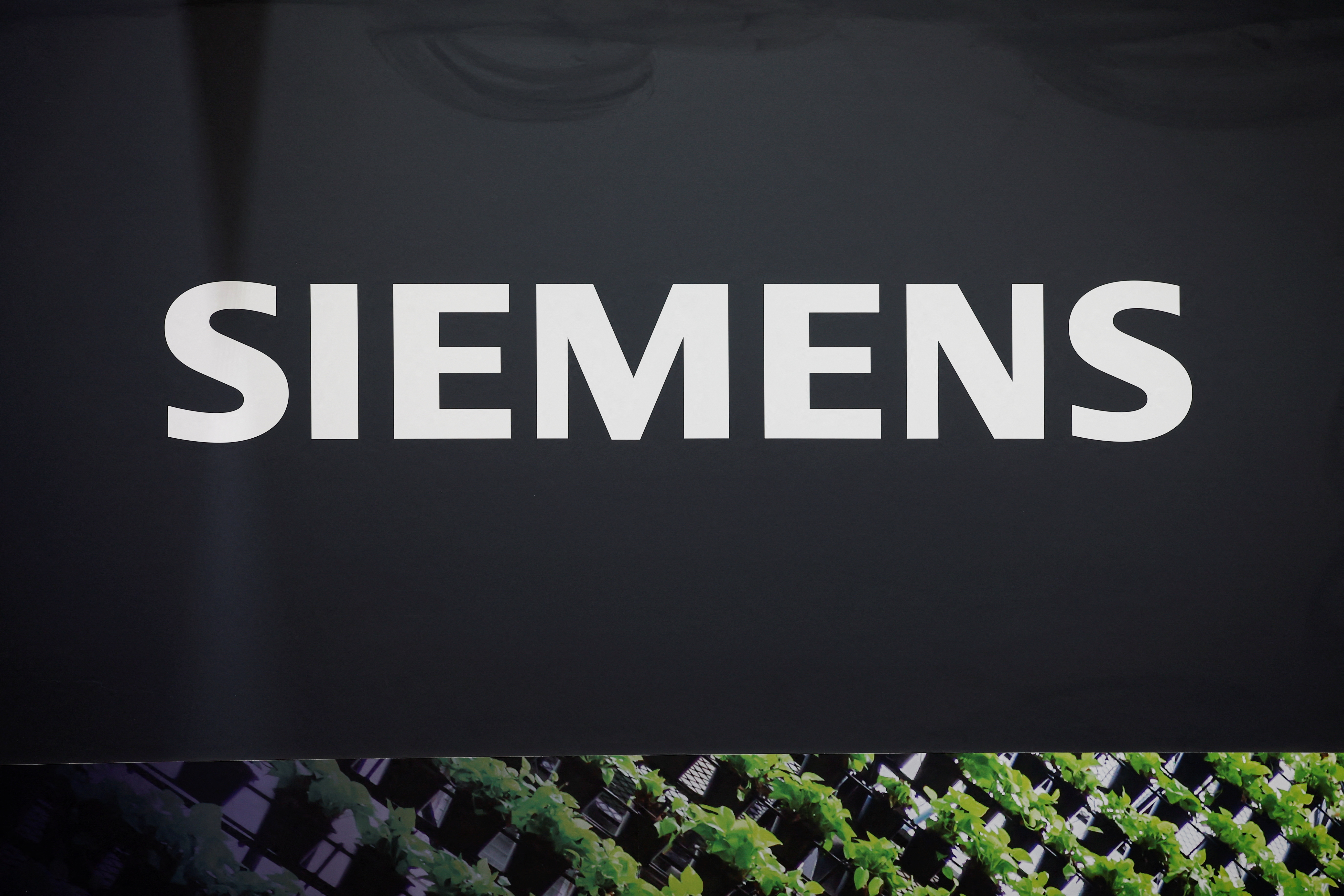الصفحة الرئيسية
<
Syndication
<
SUEZ, TAQA, and Siemens unite for a new wave of desalination projects in emerging markets
SUEZ, TAQA, and Siemens unite for a new wave of desalination projects in emerging markets
Hyphen Web Desk

The partnership is primarily focused on addressing water scarcity issues in regions across the Middle East, Africa, and parts of Asia, where the demand for potable water has seen unprecedented growth due to population expansion and economic development. As governments in these areas increasingly turn to large-scale desalination projects, this collaboration between SUEZ, TAQA, and Siemens is expected to accelerate the implementation of innovative desalination technologies that are both cost-effective and environmentally sustainable.
TAQA, known for its global energy portfolio, particularly in water and power generation, brings to the table its experience in utility-scale desalination plants. This expertise, combined with SUEZ’s long-standing involvement in water management and Siemens’ cutting-edge technological innovations, aims to develop desalination solutions that significantly reduce energy consumption while maximizing water output efficiency. The partnership's objective is to create integrated solutions that utilize advanced filtration and renewable energy sources like solar and wind power to reduce the carbon footprint of desalination processes.
Desalination, which involves removing salt and other impurities from seawater, has traditionally been an energy-intensive process, contributing to its high operational costs and environmental concerns. However, the adoption of renewable energy sources, coupled with the latest innovations in membrane filtration and reverse osmosis technologies, is expected to shift the landscape of desalination towards a more sustainable future. With their joint resources and technological capabilities, the trio is focused on delivering desalination solutions that cater to the specific needs of developing nations, many of which are struggling to maintain adequate freshwater supplies.
This alliance emerges as part of a broader trend in the global water industry, where public and private sectors are increasingly collaborating to address pressing water challenges. Notably, regions like North Africa and the Arabian Peninsula, where freshwater resources are particularly scarce, are seen as key beneficiaries of these initiatives. Already, several governments in these areas are pushing for the construction of new desalination facilities, bolstered by public-private partnerships (PPPs) that ensure financial backing and technical expertise from international corporations.
In countries like Egypt, for example, the government has laid out a long-term plan to attract private sector investments for desalination, with aims to construct at least 21 new desalination plants over the coming decade. Siemens has been a critical partner in these developments, contributing its energy-efficient technologies to ensure the economic viability of the plants, while SUEZ has been instrumental in providing operational know-how for water treatment and management.
Similarly, in the UAE, where TAQA has extensive operations, the focus on transitioning desalination plants to renewable energy sources has gained momentum. A recent deal secured by TAQA in Abu Dhabi for a large-scale wastewater management project underlines the growing trend of PPPs in infrastructure and resource management in the region. These projects not only cater to the rising demand for fresh water but also align with global sustainability goals aimed at reducing carbon emissions.
At the same time, the collaboration with Siemens is expected to contribute toward the digitalization of water infrastructure, an area that has seen rapid developments in recent years. Siemens’ advanced automation systems and AI-powered analytics will help optimize desalination plant operations by improving real-time monitoring, predictive maintenance, and efficient resource allocation, all of which are essential for driving down costs and ensuring continuous, reliable water supply.
التسميات:
#Syndication
مشاركة:
